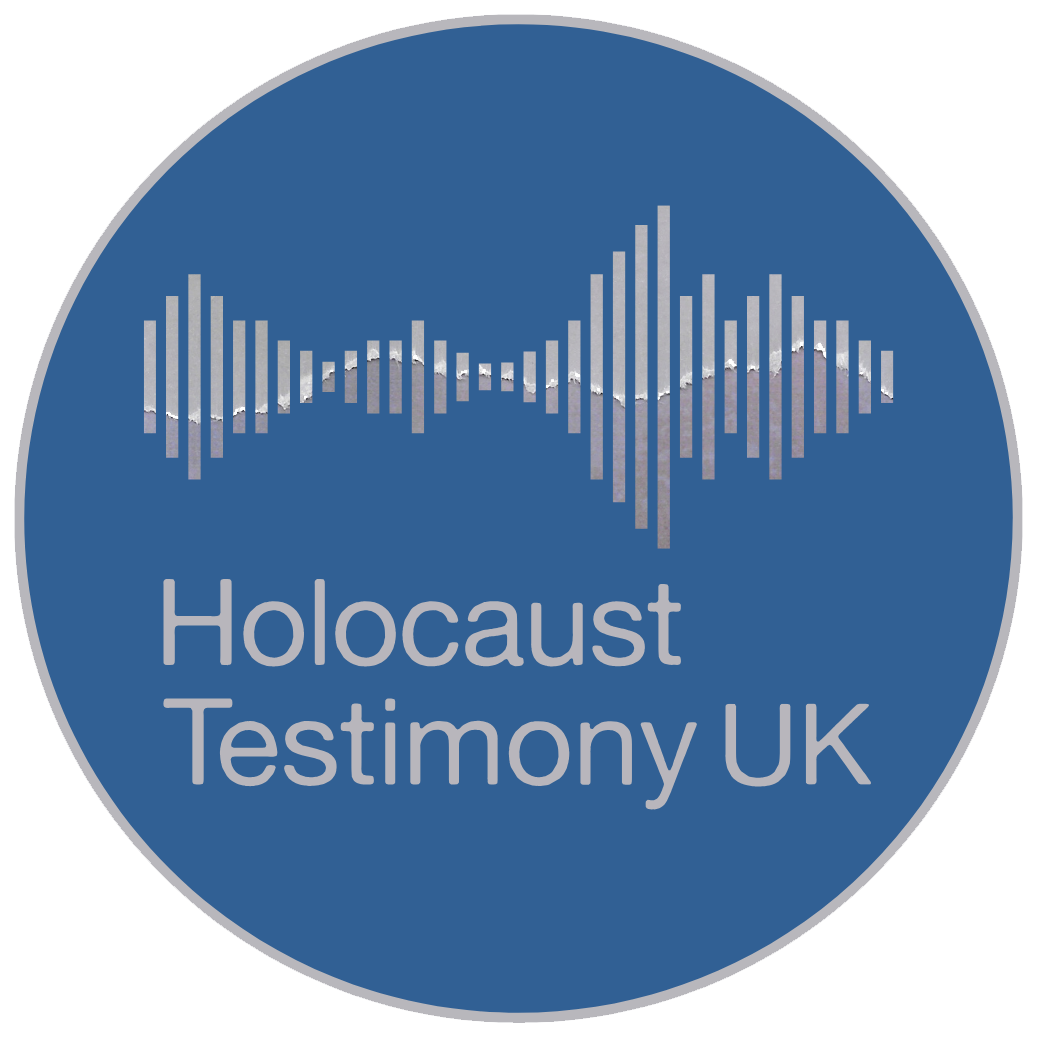top of page
-
Who are our partners?So far, we are working with: Association of Jewish Refugees / AJR Refugee Voices Testimony Archive British Library Centre for Austrian & German Exile Studies, London University Fortunoff Video Archive for Holocaust Testimonies, Yale University Gathering The Voices Holocaust Centre North Holocaust Educational Trust (HET) Holocaust Memorial Day Trust Imperial War Museum Jewish Museum London Lake District Holocaust Project Queen's University Belfast Scottish Jewish Archives Centre (SJAC) St Fagans National Museum of History, Wales Sussex University UK Government: Department of Levelling Up, Housing and Communities /UK Holocaust Memorial Foundation USC Shoah Foundation Wiener Holocaust Library Zwangsarbeit Archiv, Berlin Read more about our partners here We’d like to partner with any institution that holds UK Holocaust Testimony. If you represent an institution that isn’t yet on the site, and would like to be involved, please get in touch.
-
What Is Holocaust Testimony?Holocaust testimony means first-hand accounts, from people with direct experience, of what happened to them during the Holocaust. Testimony can also be written records, but this site focuses on audio or video interviews conducted by oral historians with survivors of or refugees from Nazi persecution.
-
What is Oral History?Oral history is the collection and study of historical information about people, families, important events, or everyday life using audiotapes, videotapes, or transcriptions of planned interviews. It involves at least two people: an interviewer (oral historian) and an interviewee. It is linked to the development of Alltagsgeschichte and “history from below” which attempted to give voice to marginalised groups, to “give history back to the people in their own words” (Thompson 2000: 308). At the end of the seventies and beginning of the eighties some oral historians challenged the pure “recovery” and “gathering” focus of oral history and asserted that “memory” should be moved to the centre stage of analysis and not only remain the method of oral history. The advantage of video testimony, as suggested by James Young, is that unlike literary testimony (which is edited), silences are part of the image and unlike audio interviews, gestures, movements, and expressions provide an additional layer of interpretation (Young 1988: 161).
-
What is the Holocaust?The Holocaust was the systematic murder of Europe's Jews by the Nazis and their collaborators during the Second World War. This programme of targeted mass murder was a central part of the Nazis’ broader plans to create a new world order based on their ideology. Jewish people sent to concentration camps were incarcerated alongside hundreds of thousands of others who had been enslaved and victimised by the Nazis in pursuit of their new world order. Political opponents, homosexuals, prisoners of conscience, Roma, Jehovah Witnesses, Poles, Soviet prisoners of war and others were killed or died in camps as a result of neglect, starvation or disease. Read more about the definition of the word from the Imperial War Museum here.
-
What makes testimony ‘UK’ testimony?For this site, ‘UK testimony’ means any testimony either recorded in the UK, or with a UK-connection, from an interviewee who experienced Nazi German persecution, and/or was forced to emigrate due to Nazi German persecution.
-
Why can’t I listen or watch all the interviews?Different interviewees and institutions recorded their interviews under different conditions, or may have different policies about how they want these often very intimate records to be accessed. Although you may not be able to listen or watch the interview directly, we will always signpost ways for you to access the interview from its institution. If you have further questions, please get in touch.
-
Can I reuse video and audio interviews I find on this site?You can watch and listen on our site, but you can’t download, record or reuse interviews without the explicit permission of the institution that holds it as part of their collection. If you want to reuse any part of an interview you find on the site, you need to get in touch directly with the holding institution.


About
Frequently Asked Questions
bottom of page

